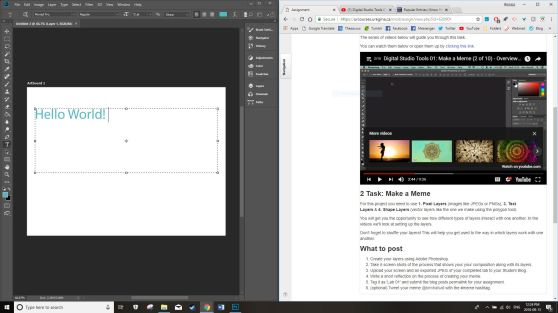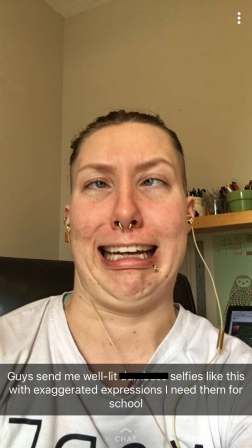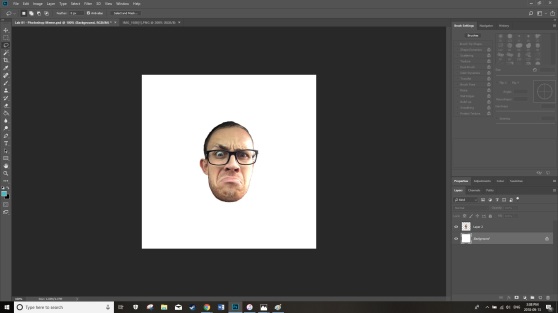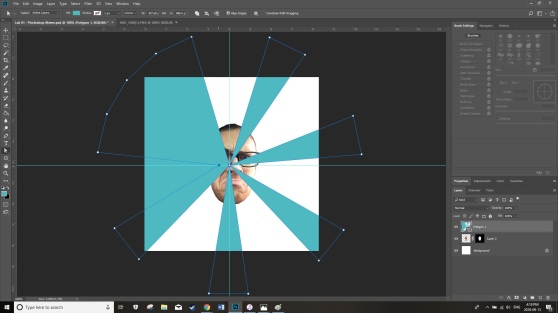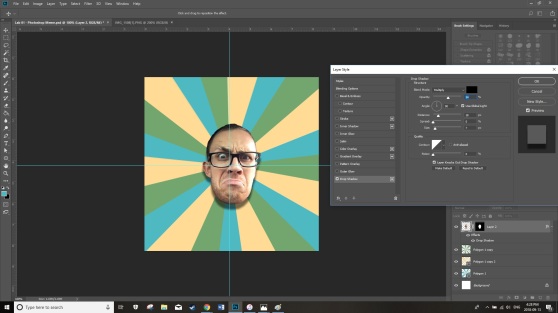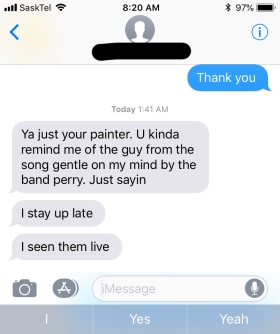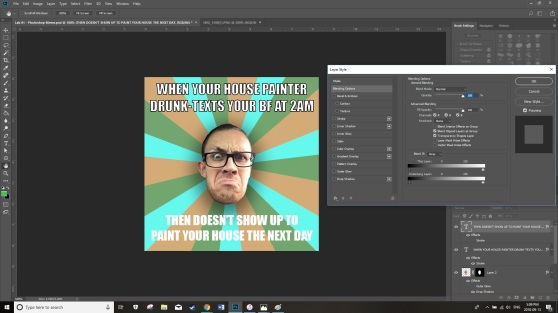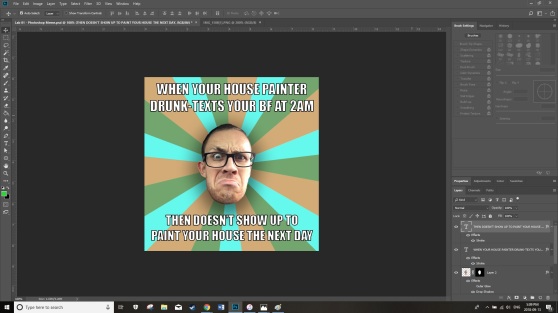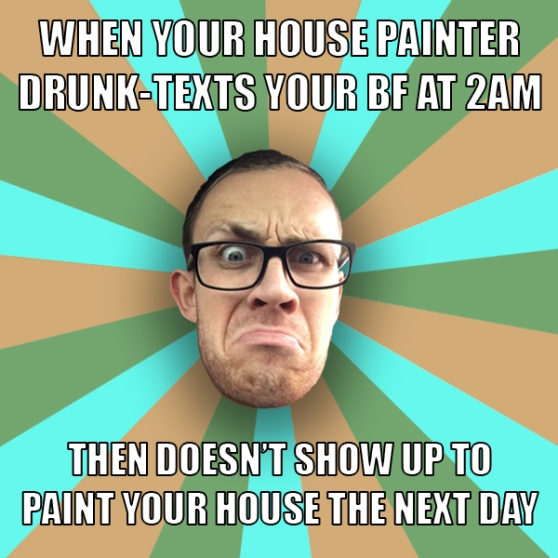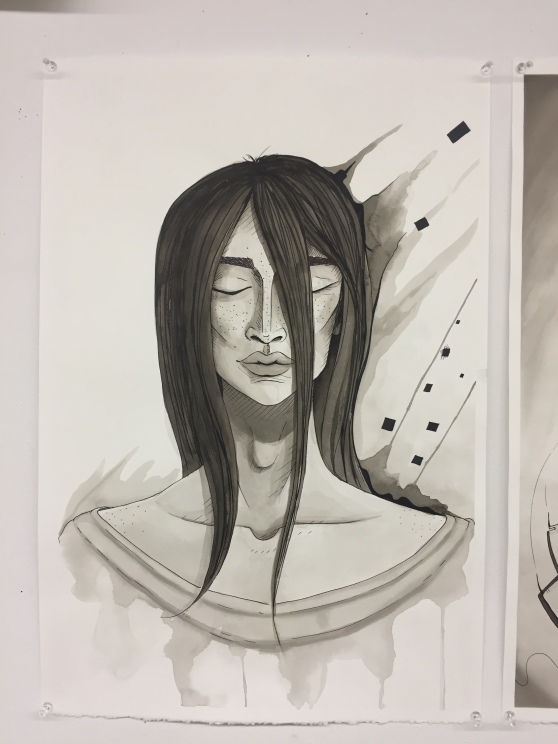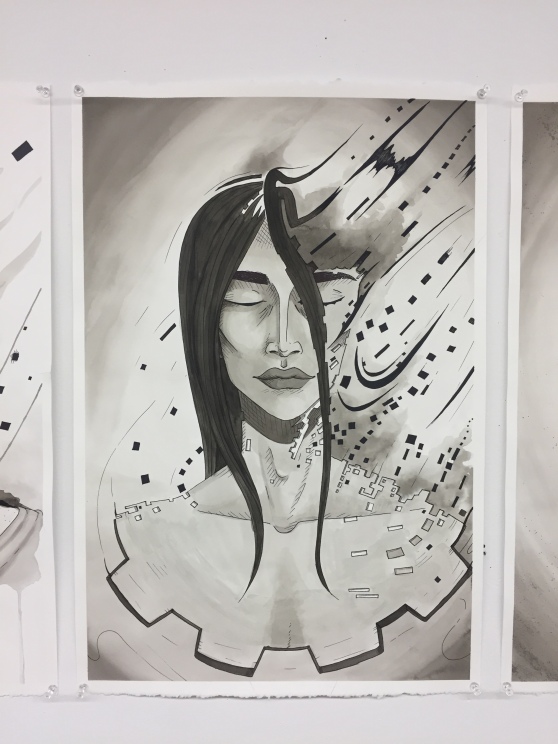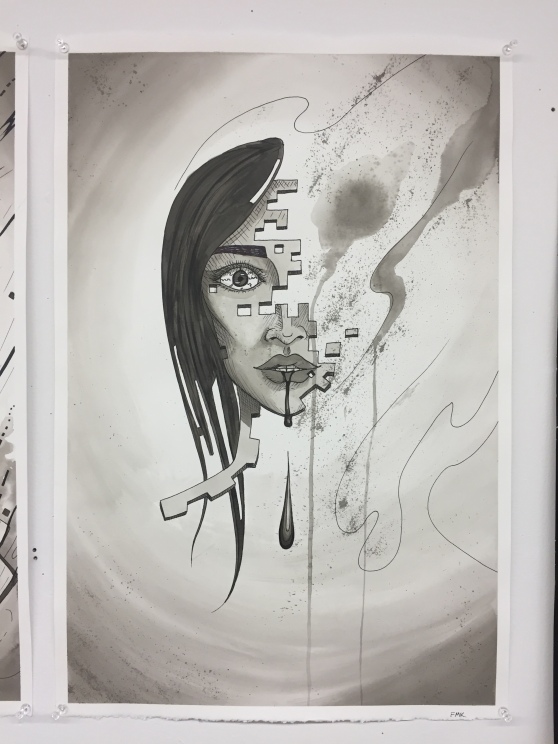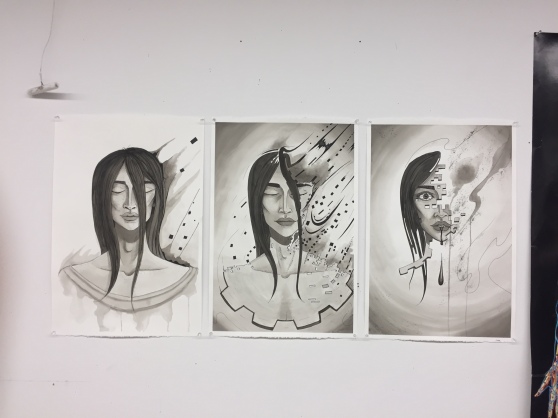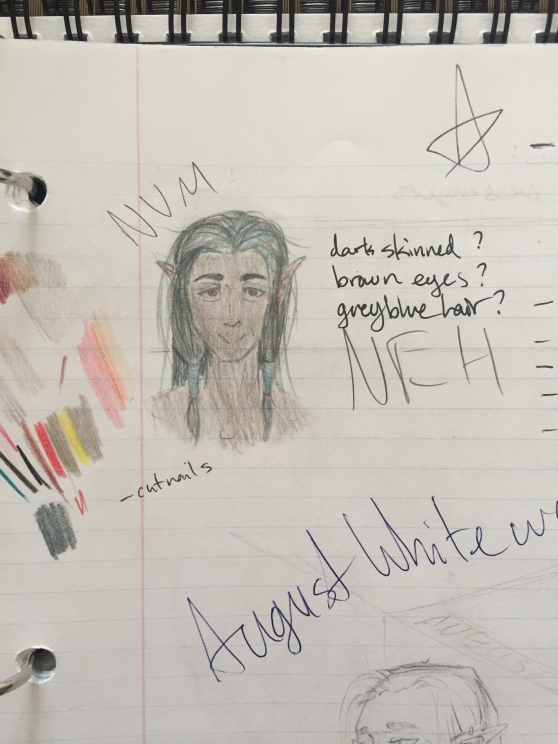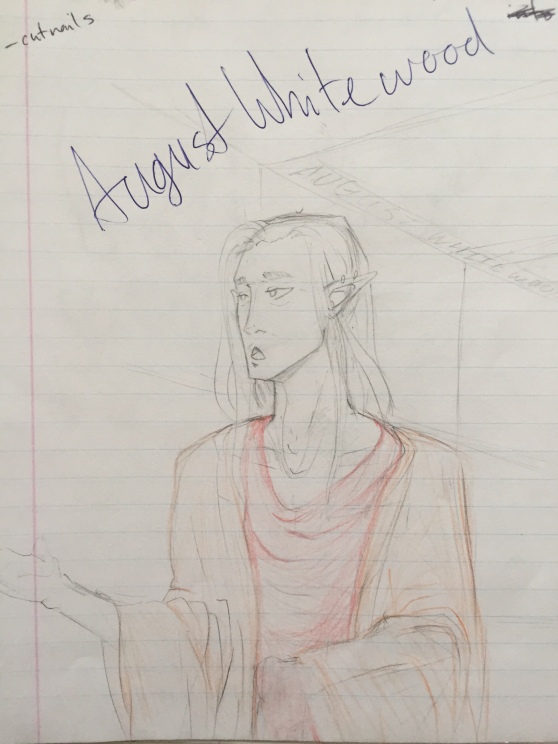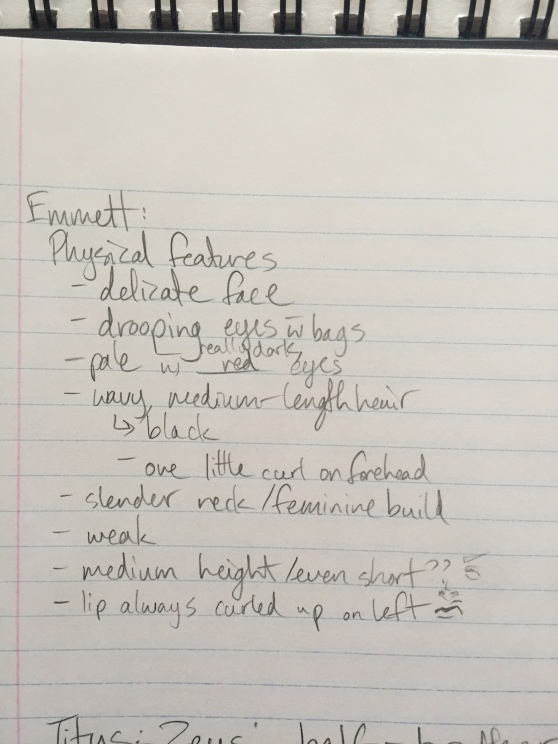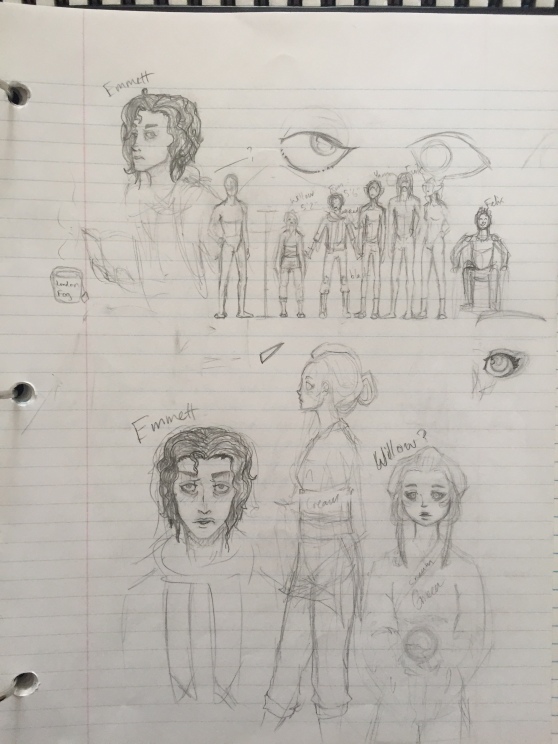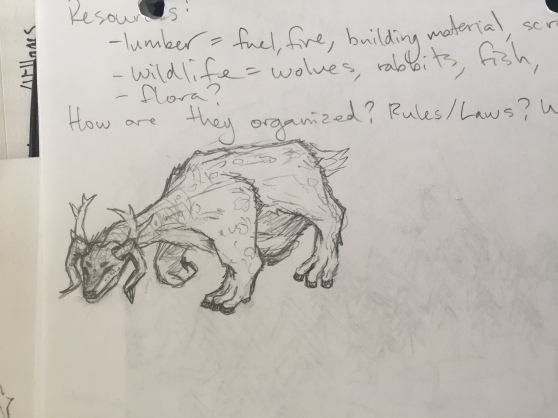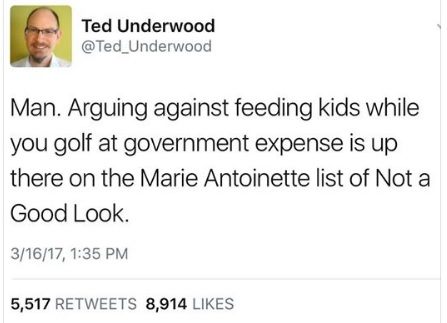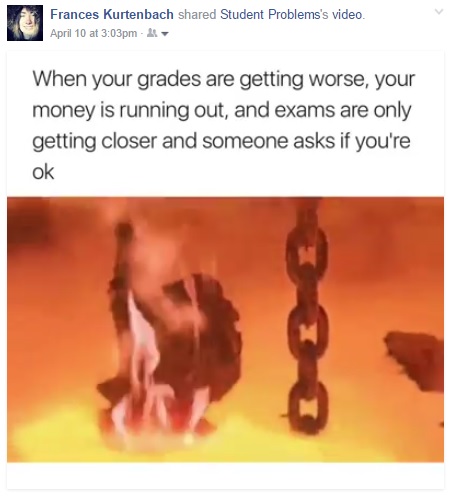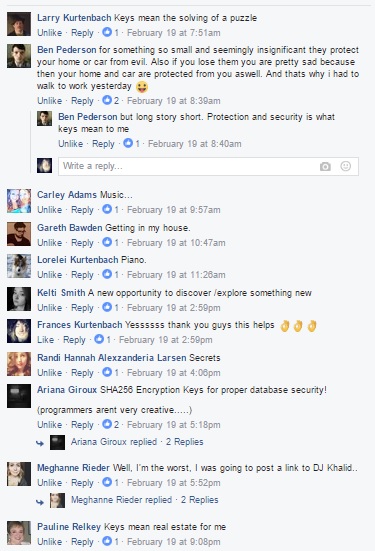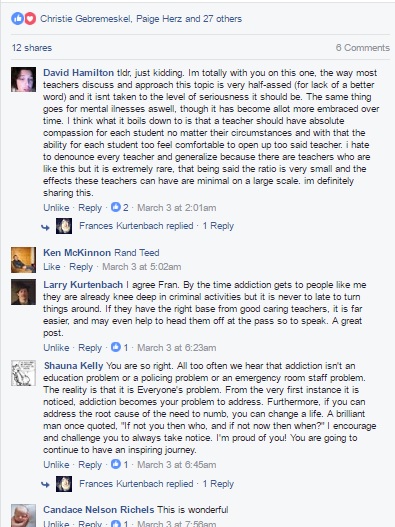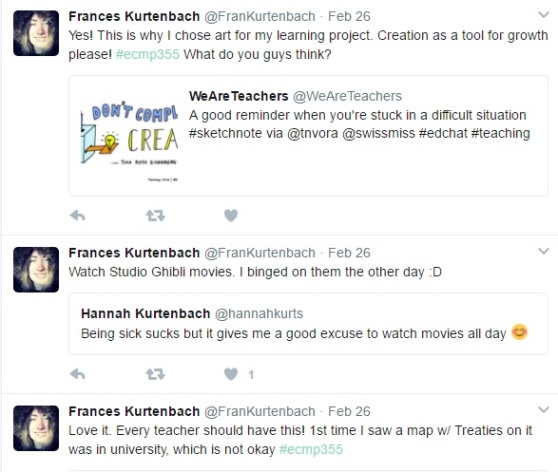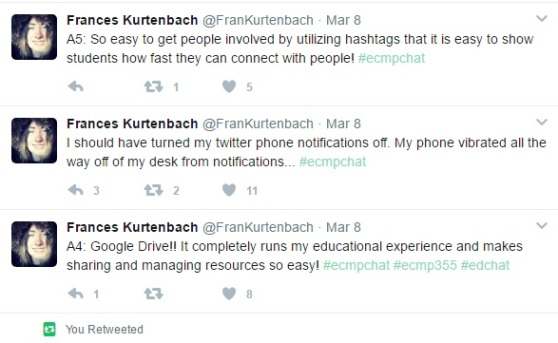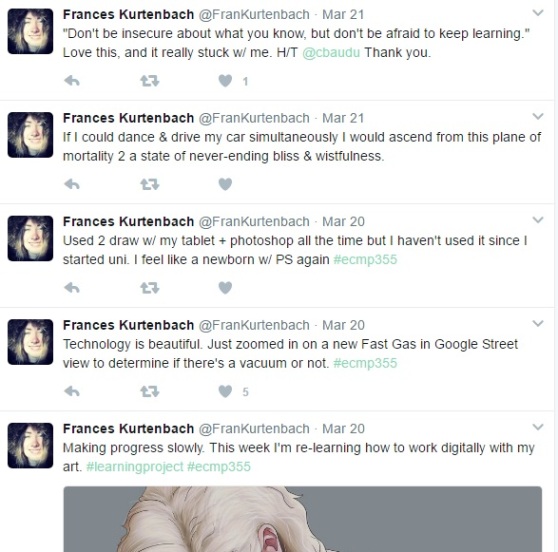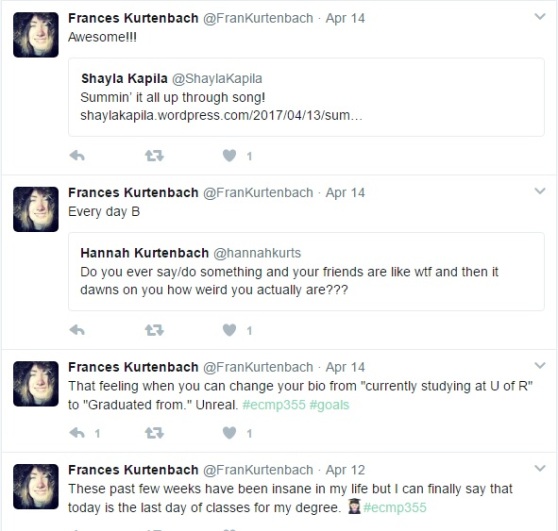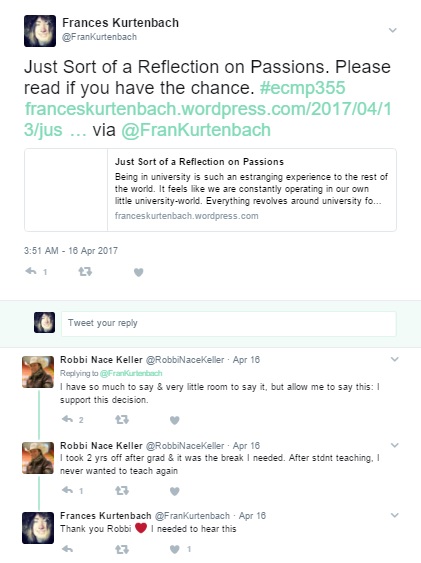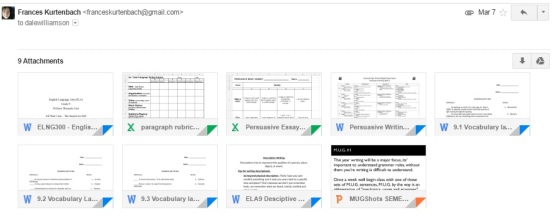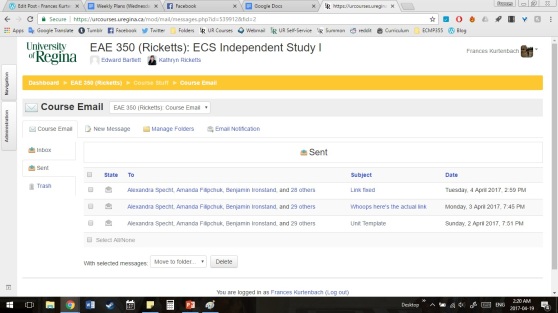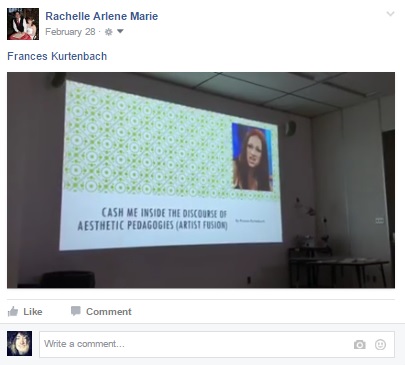Being in university is such an estranging experience to the rest of the world. It feels like we are constantly operating in our own little university-world. Everything revolves around university for me. What and when I eat, when I sleep, when I get coffee, when I work at my job; it all revolves around my schooling. Perhaps it is because I am in my final semester of my degree, but I am just so sick of my stress revolving around university, too. Perhaps it is because I literally have not slept since 7:30am two days ago. Regardless, I’m done with dedicating every thought that passes through my mind to university. I want to take myself somewhere new so that I can see how creative I can be. I want to explore my place in the world before signing a contract to teach in some town I may never fit into. Not to mention, I have only ever known myself in a school setting. The thought of going straight out of school to begin my career in more schools without getting the chance to explore what its like to not be in school would suck the soul out of me. I know these thoughts sound depressing but to me, coming to the realization that I need a break is a huge relief in itself.
Lately, I’ve been day dreaming about what I’m going to do with my spare time when I am not constantly under pressure due to major projects coming up. I’ve been day dreaming about what it would be like to have my biggest cause of stress removed. What would I do with my time? After a really good chat with a classmate of mine, who has embarked on the exact same four year journey as I, I came to a conclusion. University is entirely hypocritical.
In my anti-oppressive education we constantly discuss how we can continue to dissect narratives that are overarching our society. We learn about classist, racist, and sexist narratives that dominate society and oppress those who fall outside of the so-called “norm.” However, as our professors collectively turn our eyes towards these narratives, they have been enforcing a narrative upon us, too. It is subtle, and behind the scenes, and taught as though it is a matter of fact. What exactly am I talking about?
The expectation that my generation will get a degree, and then work the same job until the day I die, or retire. The way professors talk about teaching is as if it is the only possible answer. The terms and phrases used imply this. Not a single professor throughout my entire degree has suggested that it is acceptable to pursue another career after completing an education degree. My parents assume that if I get a job teaching, I will be doing that for the rest of my life. My grandparents assume that if i start teaching, I will teach for the rest of my life. Everybody I’ve ever talked to about life after university has only always assumed that I will teach for the rest of my life. This makes me feel like a failure, because this does not coincide with what I want to do. I feel inferior because of my life decisions, when really, I should not feel this way at all. There is nothing wrong with what I want to do.
After my internship, I began to doubt that teaching was for me. Granted, a lot of things were happening during my internship that I will never have to deal with again, purely because of the way internships work. If I get hired, I am free to practice my pedagogy so long as I can relate it directly to the curriculum. I will not have to sacrifice my personal teaching philosophies in order to have the right to stand in a classroom. If I get hired, I will be able to be my own, independent educator. However, I find that the educational system itself requires a lot of work. The right people are not always in positions of power, and even if I receive a degree, get hired, and start working in schools, my power can much too easily be taken away from me. Also, in light of the recent budget cuts to education, so many doors have been closed on my face for my future career. The wrong people are always in power, and I am sad to say that teaching anti-oppressive education is no longer enough.
Let me say it again:
Teaching anti-oppressive education is no longer enough on its own. We have to do more.
But how? Everybody tells me that the first few years of teaching are the worst. During my internship, the most common comment that I heard was, “You think internship is hard? Wait until your first year of teaching.” It was incredibly negative and disheartening and my colleagues offered no support of advice beyond that. I felt as though they were trying to alienate me further and further from the profession that I just spent the last four years of my life working towards. So many doors have been closing on me and my career and because of this, I had to step back and truly, honestly ask myself if teaching is for me.
When I took a step back, I asked myself, “Do I really have to do this?” But in asking myself that, I realized that I’ve only ever imagined “this” as “teaching for the rest of my life.” Nobody talks about taking a year off. Nobody talks about furthering their education before they move on to teaching.
In a talking circle in my class last night, a peer of mine said the following.
“I started my post-secondary education late in my life. I know a lot of you are in your early twenties, and you are feeling apprehensive about moving on to your teaching career. Let me just tell you, looking back to when I was 22, I never would have been able to do this, so all of you are already years ahead of where I was at your age. However, I just wanted to add that there is nothing wrong with waiting to teach until you truly feel ready.”
When my peer said this, I cried. I had been stressing and stressing about teaching because after my internship, I do not feel ready, I feel even further away from being ready than when I was in my first year. When he said this, it was the first time I had ever imagined doing something other than going straight into a lifetime-career. I knew I needed some time off, but now I’m considering taking a decade off from school.
My professors have pushed on me, subconsciously, that if I do not go straight into teaching, I would be missing out on certain experiences and important learning experiences by not teaching right away. This is not true. My professors made it sound as though the only experiences in life that will ever matter are ones that are directly related to my pedagogy and education. This is also not true. I began to see the world around me as locked away or unavailable to me, because my professors all told me over and over again, “You are a teacher for life now, so you better act like one.” This terrified me. I felt like I signed my soul to the devil and in a way, I did. There are so many things in life that I want to do that I can’t do as an educator purely because teachers are expected to be above-perfect role models for society. In our digital age, everything I do can easily be discovered, so I can’t go out and do anything that anyone could potentially take offense to (Which could literally be anything at this point) and so I feel as though I am chained to my degree. Except now, my degree is a 10 ton anvil that is popping my leg right out of it’s socket.
Over all of the years I’ve lived and been in school (which is nearly all the years I’ve lived), I’ve been taught that school is the most important thing. It will always be the most important thing I’ve ever attended, or facilitated. This is also not true. I digress.
Here is where I hope you’ll understand me:
If I’ve done nothing but go to school for my entire life and my entire future, I too will be pushing the subconscious narrative that school and post-secondary school is the only answer to how you can achieve success. My students will be just as diverse as Canada can get, and so to enter my classroom while operating in such a perspective, I am bound to push this onto my students. I need to get my head out of this post-secondary coma I’ve been slapped into.
Don’t get me wrong, I think education is the best thing that has ever happened to me, but I cannot allow myself to push my perspectives onto my students. I like being able to share my experiences with my students but how can I relate to students who do not want to move on to post-secondary? I need to live a little.
This is why I will be moving away from education for a few years. I’ve never lived a life outside of school. I’ve taken a summer class every summer, or attended a camp every other summer. I have, in every sense of the word, never not been in school. What I hope to achieve by taking a few years off is life experience. I want to travel and meet all kinds of people who do not necessarily fall into the post-secondary community and culture. It is not the only life that exists. There are many ways to live one’s life and I want to get out in the world and experience this for myself so that when I eventually decide to teach again, I can come into the classroom with a well-rounded, not-naive perspective that myself and my students will benefit from. If I decide to go back.
